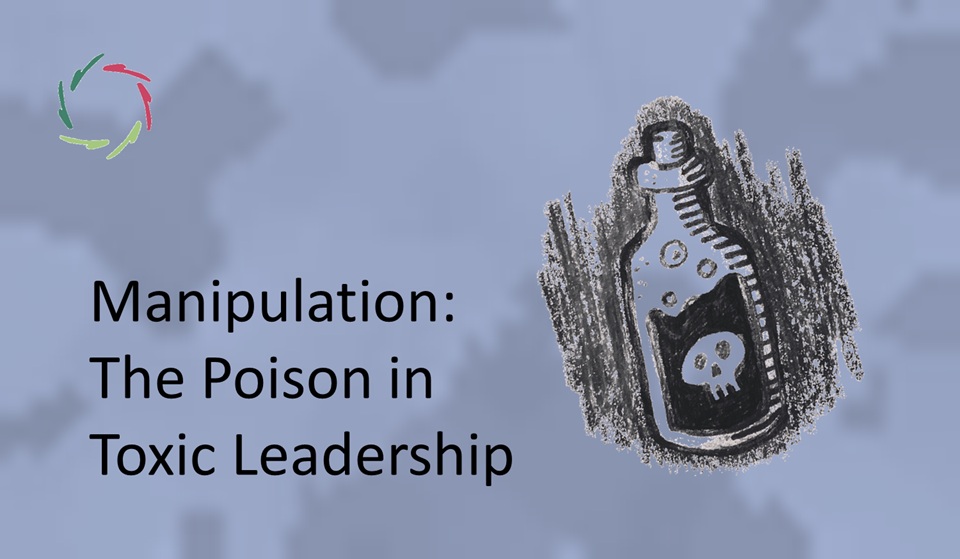Tired of Screen Meetings? – 10 Leader’s Tips

Many are getting bored of screen meetings even before they’re getting used to them. Specific attention is needed to this problem, especially in COVID times. Just a “get used to it” doesn’t solve it, of course.
Putting an issue as a problem or a wish
Always important. The wish shouldn’t be just the negation of the problem, as in “not getting bored.” That may be a wish but it doesn’t solve the, well, problem. You see, since we are complex beings, every human issue has layers. Whether you put something as a problem or a wish at the superficial layer doesn’t even matter.
In many cases, issues are posited as problems to be solved at the superficial layer. That is the layer in which the elements can easily be put in a conceptual diagram without loss of relevant associations and meaningfulness. Put some arrows and there’s a nice slide. Sure, this is also important. It’s functional in getting someone somewhere. And that’s what we want, mostly. It’s a leader’s deepest wish.
Like the superficial layer of a pond.
Let’s make it wintertime now. The pond has a layer of ice. If you want to get somewhere, you can skate over the ice. Super!
But most of the time, the ice is thin or there is none. Then you need another approach. Not everyone can walk on water. You need to reckon with the fact that the pond is more than the superficial layer. It is, in most cases, the situation of people, of real human beings. In this metaphor, I see the superficial layer as the layer of direct functionality. You might use a little boat there, in summertime. The deeper layers are the layers of meaningfulness. Without them, your boat quickly becomes useless. People get bored before getting used to it. Burnout is lurking around the corner. Nobody likes a pond with no water, or almost.
Meaningfulness is important. Here are ten tips for the leader of a meaningful screen meeting. The goal is a good meeting as well as an assertion of your leadership.
The Time
- Keeping track of time is important because people don’t like to wait and don’t like to stress out for the next (screen) meeting. This may be emphasized again and again. Time is for people, not people for time. The former leads to discipline from-inside-out; the latter is coercion from-outside-in. People may feel manipulated. You don’t want that. You want their inspiration.
- Surprisingly perhaps, more can be accomplished with patience. With one additional condition: that the patience is real. Not something like “I’ve had patience with you for three minutes already; now it’s enough!” But something like “What you are saying is interesting. I wonder what others think about it?” This works if you really mean it. If the brought-up matter is really interesting, it may be a specific topic for a next meeting: “Do we all agree?” Gratitude flows to you.
The Listening
- Making sure that any issue is put in a way that is interesting to all the attendants. This is of prime importance also in a workshop. As a leader, you make sure that every issue, as brought by anyone, is interesting to all. You may guide this with little questions. You know what lives in the group. Through this, you make the interlocutor an important and interesting person. His light will also shine upon you.
- Constructive listening. You are always on the guard of what may be a building block to where you want to go. The moment such a block appears, you make use of it: “Absolutely important what you are saying!” Then you explicitly give this block its place and later on, you can refer to it, making it – and yourself at that moment – even more important. A little thanks again to the interlocutor makes you his hero of the day.
The Conflict Management
- Conflicts are important. This is: if there is a conflict, it’s because something is happening that is important to people. They are interested, feeling involved. There are emotions. There is energy that may be used to get people in motion. In short: there is the stuff for motivation. This is your chance to grab it and do something with it. Don’t you want motivation? Sure, you do. A lack of motivation is every leader’s nightmare. Well, then, accept it when it is given to you.
- Of course, this comes together with the other side. The former point was quite easy. This one is very difficult. Here, you prove why a leader deserves the money he earns. A conflict is where ‘energy’ overflows in one direction. It doesn’t start with the conflict. So, you have to go and see where it starts. There, you change the direction. Sorry, but I cannot put this as 1 – 2 – 3. A leader grows by being a leader, not by mindlessly reading a book.
The Participation of Everyone
- Making everyone feel important. Live, you can do this also by your way of looking at them. On screen, this is more difficult. But you can do it by really giving full attention to the one who is speaking. Also show your attention. Also show that others should enable you to give your attention. If someone interrupts you in the process, don’t let it happen. You decide the flow of your attention. You are the leader, always friendly and decisive.
- If someone else forcefully wants to take your role as a leader, it’s sometimes better to give it a little and then take it back. By giving and taking, you keep the driver’s seat. If you loose that, nobody wants to participate anymore because there’s nothing to participate in. With you as driver, everybody may want to participate if you make their goal your goal, and your goal theirs. This is called consensus.
The Consensus
- Uncompromising consensus. With a compromise, there is no consensus. OK, this is starkly put. It’s a direction to strive towards. A compromise may get things going for a while. The Japanese way of decision-making in group is by nature and history more bent on consensus than compromise. It’s interestingly different from the more Western way. It may be worthwhile to learn from them in this. Anyway, coming to consensus without compromise seems more appealing and long-lasting if enough time and energy are available.
- Even more appealing and long-lasting, but certainly more difficult, is to work from the stance that every meeting serves you to feel what really goes on in the group, even at non-conscious level. People are notoriously good in being motivated by what doesn’t really motivate them as a total person. Here, we are threading the deeper waters of meaningfulness. Don’t try to play the wizard if you are still the wizard’s apprentice. But you can learn. Even in an online meeting, all the attendants are your teachers if you let them be. They will be so happy to oblige! Also, or even especially so, if you don’t boss the meeting.
These tips are idealistic with purpose. They are meant to make you think a bit. There are no simple tricks that propel you to heights of leadership. That’s because leadership is a characteristic of a total person. Putting mere-ego in the basket doesn’t fill the basket. In that case, there is no overflow, no Open Leadership.
For more, see https://aurelis.org/blog/category/open-leadership. You might also be interested in my book Open Leadership – Read&Do.


